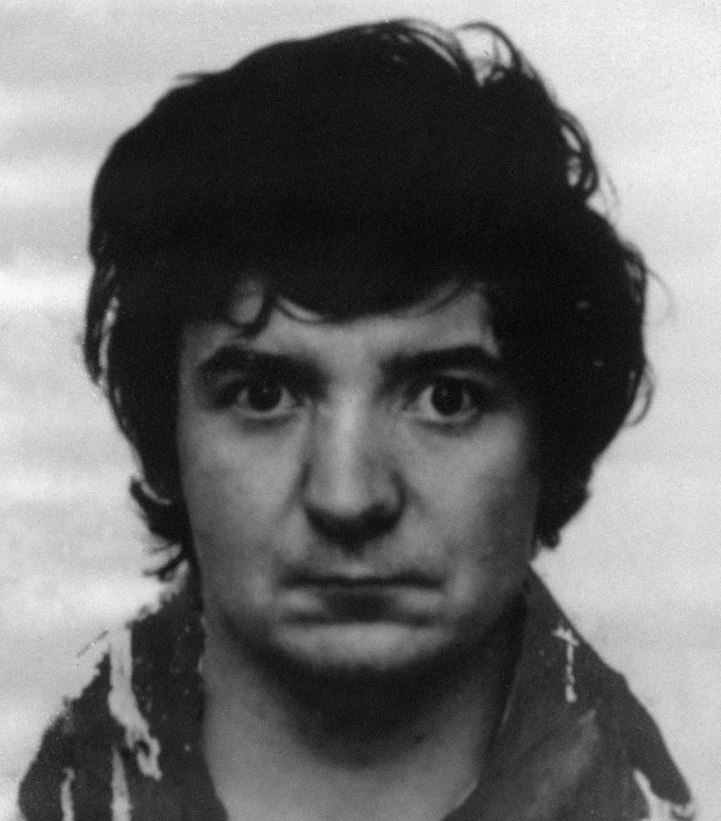A MAN accused of beating a florist to death has been cleared in the UK’s longest-ever miscarriage of justice.
Peter Sullivan was jailed for life with a minimum of 16 years in 1987 for the murder of 21-year-old Diane Sindall in Bebington, Merseyside.
The loner, who was 29 at the time, has spent the past 38 years maintaining his innocent and is now appealing his conviction for a third time.
It comes after new tests ordered by the Criminal Cases Review Commission revealed his DNA was not present on samples preserved at the time.
His lawyers said that if his conviction is quashed, he would be the longest-serving victim of a miscarriage of justice in the UK.
The Crown Prosecution Service today told the Court of Appeal the new evidence is enough to cast “sufficient” doubt on the conviction.
It also agreed the fresh clue was “reliable” and that the CPS “does not seek to argue that this evidence is not capable of undermining the safety of Mr Sullivan’s conviction”.
Duncan Atkinson KC, for the CPS, said: “The respondent considers that there is no credible basis on which the appeal can be opposed, solely by reference to the DNA evidence.
“On the contrary, the DNA evidence provides a clear and uncontroverted basis to suggest that another person was responsible for both the sexual assault and the murder.
“As such, it positively undermines the circumstantial case against Mr Sullivan as identified at the time both of his trial and his 2021 appeal.”
Diane had just left her shift as a part-time barmaid at a pub in Bebington when her small blue van ran out of petrol.
She was making her way to a garage when she was beaten to death and sexually assaulted in a “frenzied” attack.
Her body was discovered partially clothed close to a grass verge.
Sullivan, who is watching the appeal from HMP Wakefield, was said to have spent the day of the murder drinking heavily.
Following his arrest in September 1986, he was quizzed 22 times and denied legal advice in the first seven interviews – despite requesting it.
Sullivan later “confessed to the murder” in an unrecorded interview a day after his arrest.
He then made a formal confession but the court was told this was “inconsistent with the facts established by the investigation“.
It also went against his earlier interviews, with Sullivan retracting the admission later that day.
Since his conviction, questions have been raised about whether he had proper legal representation during his interviews.
Evidence related to bite marks on Diane’s body has also been called into question.
At the time of the case, DNA technology was not available and subsequent requests for new tests were refused.
Sullivan first went to the CCRC for help in 2008 but they did not refer the sentence to the Court of Appeal.
He then launched his own appeal bid in 2019, which judges dismissed after ruling the bite mark evidence was not central to the prosecution at trial.
In 2021, Sullivan went back to the CCRC and raised concerns over police interviews, the bite mark evidence and the murder weapon.
The independent body revealed Sullivan’s DNA was not present on samples preserved at the time.
This led Merseyside Police to confirm they were “carrying out an extensive investigation in a bid to identify who the new DNA profile belongs to”.
The force revealed they had no matches on the police database but were contacting people previously identified in the original probe to request new samples.
Sullivan’s barrister Jason Pitter KC today told the court that Diane’s murder was “a grotesque offence”.
But he argued that the evidence could not now pass “the threshold with which a prosecution could take place”.
While he accepted that improvements in science and the “passage of time” had “significantly assisted” Sullivan’s position, the new DNA evidence showed the killer “was not the defendant”.
He also explained the bite mark evidence, which the prosecution claimed matched Sullivan, was no longer viewed as reliable evidence of identification in criminal cases.
Mr Pitter told the court “significant admissions” and “incriminating statements” made by Sullivan at the time of the killing were “inherently unreliable” due to his “vulnerability”.
He added: “The appellant was extremely vulnerable in an interrogative situation, because of his limited intellectual functioning, combined with his problems with self-expression, his disposition to acquiesce, to yield, to be influenced, manipulated and controlled and his internal pressure to speak without reflection and his tendency to engage in make-believe to an extreme extent.
“What he was saying was nonsense, in plain terms.”

